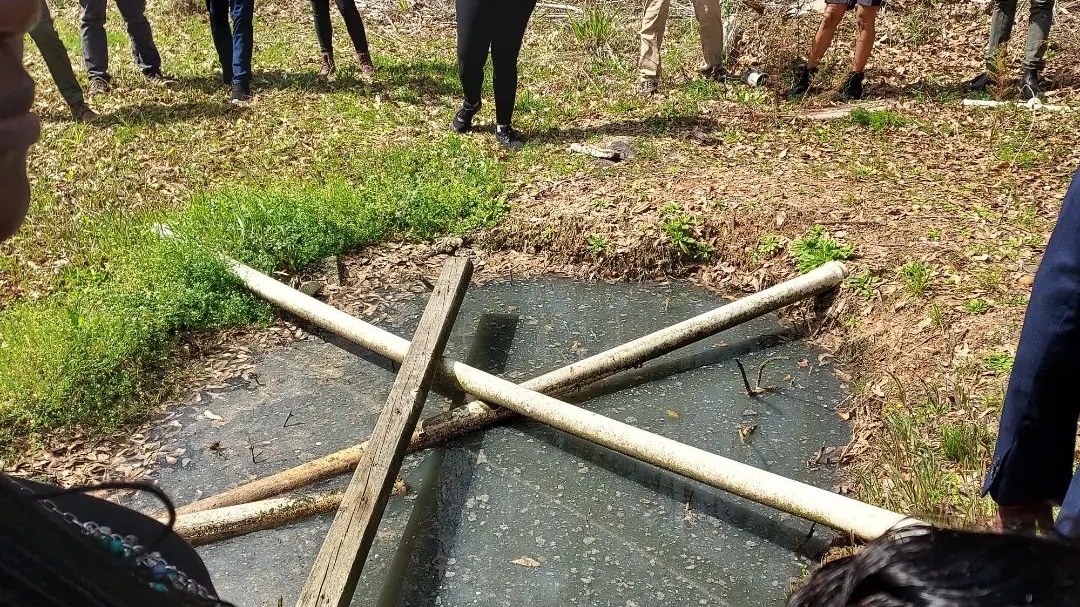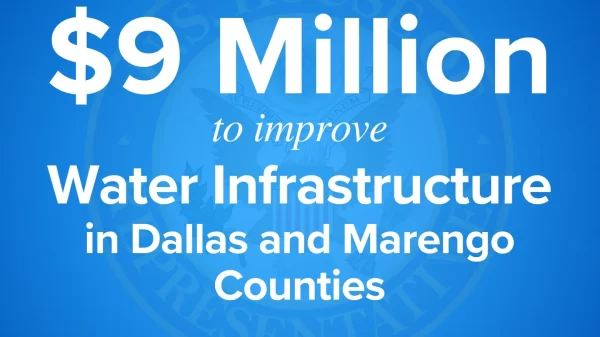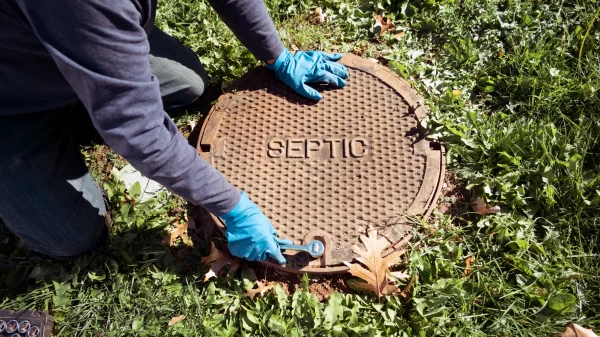|
Getting your Trinity Audio player ready...
|
Lowndes County in Alabama’s Black Belt last week served as the launching ground for a new federal initiative from the Environmental Protection Agency and the U.S. Department of Agriculture directed at communities nationwide with inadequate or failing wastewater and sewage systems.
A delegation of federal officials, including U.S. Agriculture Secretary Tom Vilsack, Environmental Protection Agency Administrator Michael S. Regan, and U.S. Infrastructure Czar Mitch Landrieu, visited the county on Aug. 3, making it the first of such visits by so prominent an assembly.
The launching event signaled a moment of hope for the rural county, whose deficient or nonexistent access to proper wastewater and sewage disposal systems brought the area national attention over the past year. But the initiative also brings federal attention to 11 other communities nationwide dealing with similar problems related to wastewater and sewage systems, according to one of the attendees of last week’s launch: Environmental health advocate and Lowndes County native Catherine Coleman Flowers.
“This is the first time the U.S. Federal Government has acknowledged that this is the problem beyond Lowndes County,” Flowers said in an interview with APR on Monday. “We’ve never had EPA and USDA working together on this. We never had an Infrastructure Czar before either. So with the Bipartisan Infrastructure plan, now there are resources to address it.”
Flowers has remained a constant and fervent advocate for improved conditions inside Lowndes County for more than twenty years, having co-authored the 2017 study on the prevalence of hookworm infections, a gastrointestinal parasite thought to only be found in developing countries, among residents in communities with failing sewage treatment systems in the area. Flowers is a MacArthur Fellow and member of the White House Environmental Justice Advisory Council.
The cost of septic tank purchasing and installation in Lowndes County, already one of the most impoverished areas of the U.S., has forced some residents to install “straight pipe” disposal systems, where sewage is directed out of a domicile via pipes and sent into wooded areas or waste lagoons near living quarters. In the event of heavy rains, an increasingly common occurrence due to the effects of climate change, the waste released from straight pipes or failing septic systems often inundate whole areas with contaminated water, resulting in a litany of different health issues for residents in and around the area.
“When we did our parasite study, the people that had the highest percentage of hookworm in their system were not the ones that were straight piping; it was the ones that had [septic] systems that were failing,” Flowers said.
The continued prevalence of hookworm infections and other health risks associated with the failing sewage disposal systems prompted the U.S Department of Justice to launch an official probe in November of 2021 into whether state and local health departments discriminated against residents of the majority Black county who lack access to proper sanitation system. That investigation remains ongoing.
The first step in the new federal initiative is assessing affected communities to determine the exact problems affecting systems, according to Flowers, with the second step being to provide technical assistance to residents on how to apply for funding for systems available through the landmark Infrastructure Investment and Jobs Act signed into law last November.
Flowers said that an important step is ensuring residents have the necessary technological assistance to prevent potential failures in sewage disposal systems from going un-repaired.
“One of the things that we’re going to be doing, in terms of our organization and pushing for, is making sure that any funds spent on technology are spent on technology that comes with warranties,” Flowers said. “Right now, if you put in an onsite septic system on a person’s property, the liability is automatically transferred to the homeowner. Where’s the incentive to build something that will work?”
Though not part of the initiative, Flowers is pushing for a 10-year service and parts warranty for systems paid for with federal dollars.
“I think that’s what it’s going to take to make sure that we’re not putting in place failing systems,” Flowers said. “When they fail, the health implications are even greater when it comes back to the home.”
In discussions regarding the initiative’s timetable, results on the ground in affected communities are expected within 18 months, according to Flowers.
“We hope that this is a beacon for the rest of the communities around the United States that are dealing with sanitation issues as it relates to wastewater,” Flowers said, expressing a hope that this initiative opens the way to identify other locations in the U.S. with similar issues regarding wastewater and sewage treatment.
“Because we have to change the way we do things,” Flowers said.





















































